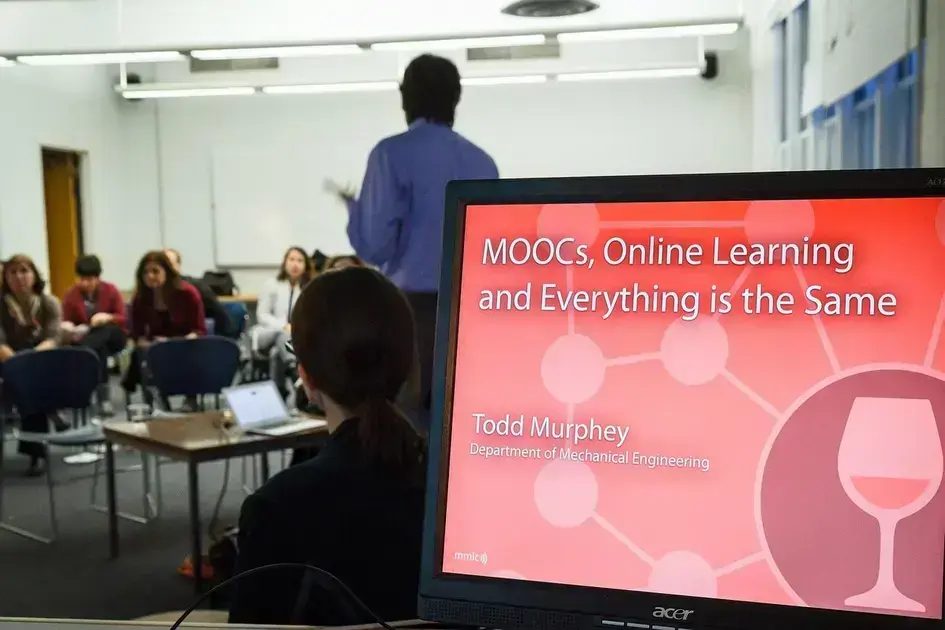Leitura: 6 minutos Unlock free skill upgrades with Department of Education courses—no budget needed, just initiative. For entrepreneurs and leaders, leveraging these public resources can sharpen your competitive edge, keep your team future-ready, and compress your training costs to near zero. If your priority is growth with agility, this article unpacks how these free programs can be your game-changer.
What Are Free DOE Courses?
Free courses from the U.S. Department of Education are government-sponsored learning initiatives targeting a broad audience. You’ll find offerings in basic literacy, digital skills, STEM, workforce retraining, and professional development.
- Zero-cost entry—no tuition or hidden fees
- Broad accessibility, both online and in-person
- Nationally recognized certifications in select programs
In practice, this means startups and established businesses alike can elevate team capacity without draining budgets. The message for decision-makers: tap these resources as a strategic extension of your training suite. Where would a risk-free skills boost make the most impact in your company?
Key Opportunities for Employers
Employers gain more than free upskilling—they get flexibility and access to a vetted curriculum. DOE courses span:
- Technical upskilling: coding, data literacy, digital marketing
- Soft skills: communication, leadership, conflict resolution
- Sector-specific skills for healthcare, education, finance, and IT
In practical terms, empowering teams through these programs reduces turnover, closes skills gaps, and sharpens your market share. The real win for leaders: build a culture of continuous learning at zero marginal cost. Which team would benefit most from a custom learning path this year?
Trends Reshaping Free Education
Several macro trends are expanding the potential of free DOE-backed courses:
- Rapid demand for digital transformation skills
- Remote and hybrid work models fueling online course adoption
- Ongoing regulatory support for workforce readiness
- Public-private partnerships creating industry-relevant curricula
In essence, the current education landscape rewards proactive adoption. Leaders who seize this wave can insulate their organizations from skill shortages. Are you leveraging these trends as part of your risk management strategy?
Integration into Supply Chains & Strategy
Incorporating DOE courses into talent pipelines benefits the whole supply chain. Examples include:
- Standardizing onboarding for suppliers
- Building shared compliance or safety knowledge
- Fostering innovation through new skill clusters
On the ground, this broadens your competitive moat and boosts consistency across partners. For executives, it means greater resilience and less reliance on expensive outside trainers. Where can you plug free knowledge into your operational workflow today?
Barriers and Mitigation Tactics
Despite opportunity, some hurdles remain:
- Lack of awareness about course availability
- Language and accessibility gaps for diverse workforces
- Motivation and time commitment from trainees
Leaders must overcome these with clear communication, incentive structures, and by promoting visible success stories. The smart move: appoint learning champions and reward course completions. What barriers would your team face, and who could be your internal champion?
